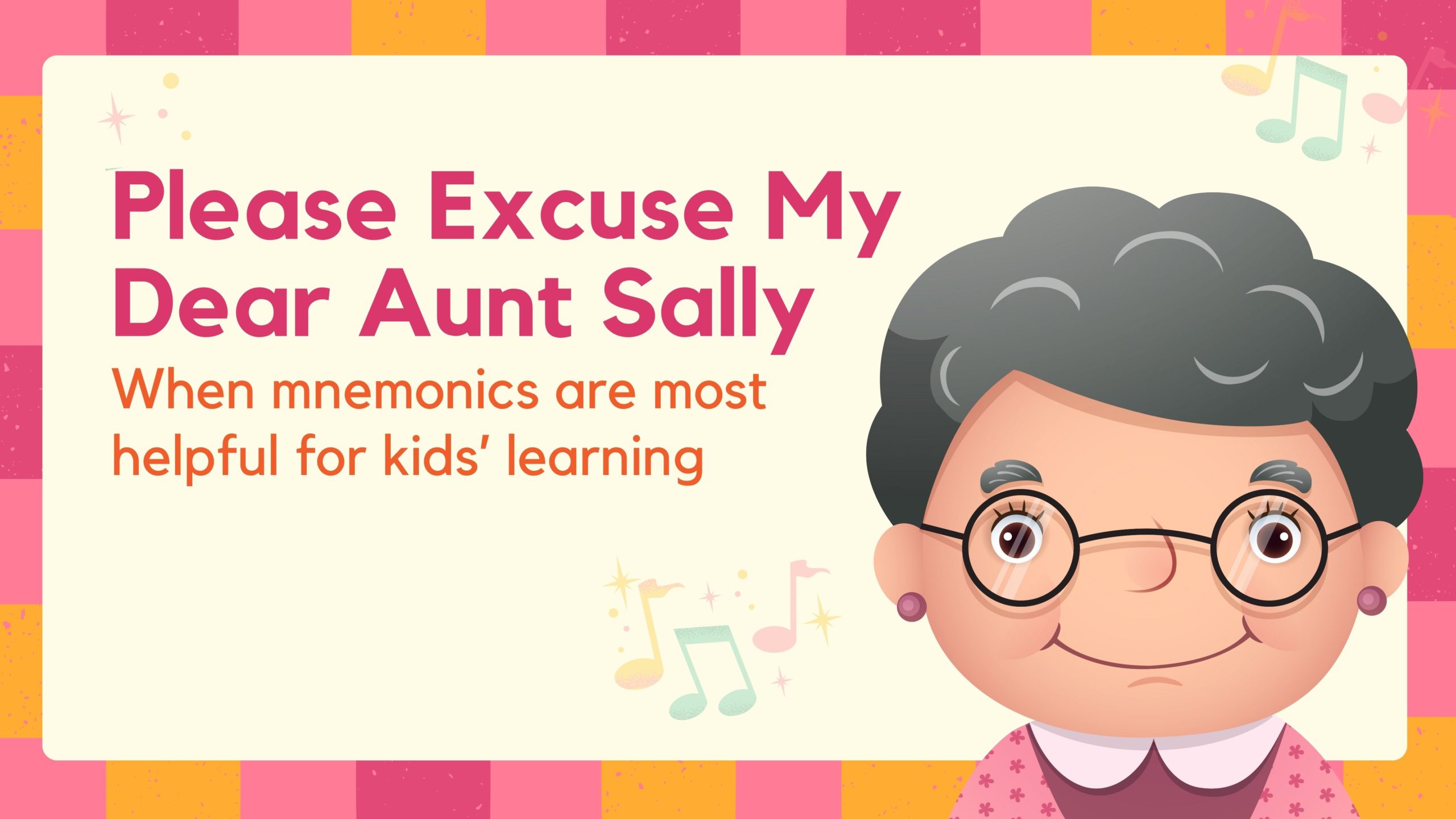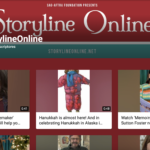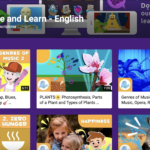If you’ve ever sung the ABCD song, you know how a tune can help to imprint information on your mind. Can you imagine a 3-year-old (or a 30-year-old for that matter) being able to learn 26 items in order otherwise? Though unnecessarily wicked in its spelling, mnemonic [ ni-mon-ik ] is the fancy word for memorization tricks that help our brains retain big amounts of information. You’ve probably encountered many musical mnemonics like the ABCD song or the continents of the world song, but there are many other types – rhymes, random sentences like the Aunt Sally one, and even visual mnemonics. But I digress. What’s all this has got to do with digital?
The Internet Is a Powerful Learning Tool for Kids
It really is incredible how much power the internet gives us. Not too long ago, if you wanted to hear a tune, your only option was to hear it performed live. Now we can conjure up pretty much any piece of music on the internet. (Some pieces were probably better off trapped in their creators’ minds but alas, some silver linings come with clouds.) If there’s a mnemonic that can be found, the internet is your friend. We know the mnemonics are available. Let’s talk about when it makes most sense to make the effort to get them to help your kids learn. Some thoughts…
When Mnemonics Are Most Helpful for Kids’ Learning
-
Mnemonics Tricks Are Great for Lists that Kids Must Memorize
One thing you can admire about our human brains is our ability to reason. It can be exhilarating to watch a child’s face as they furrow their cute little brows when their mind is hard at work, and then relax and gleefully light up as they figure out something all on their own. Yeah, that is not what we are talking about here. There are some things that have no rhyme or reason – they just came about through historical coincidence or other humans coming up with names. There is no reason you can easily figure out why Australia is what we call one of the continents. You’ve just got to learn the names. Could we ever hope to learn all the 50 states and in alphabetical order without that nifty song? For lists like these, mnemonics are the greatest gift for your child.
-
Mnemonics help kids to remember orders and procedures
Without our dear Aunt Sally, whom amongst us could remember the order of operations in math. Without Roy G Biv, how would we master the order of colors in the rainbow? Having a song about brushing our teeth early in the morning ingrains in us the proper order of events in the day. Dora the explorer and her friends never get lost on their way to solve whatever manufactured calamity is afoot. Mnemonics like ‘River, Farm, Red Hill’ help them remember an otherwise overly complicated path. Using mnemonics for orders and procedures are particularly handy for everyday life with the kids without growing hoarse saying the same things over and over again. A mother once shared how she made a mnemonic to help her 7 year old remember to brush her teeth, hang her towel and make her bed in the mornings. “TBT” transformed their mornings.
-
Mnemonics help kids to remember critical information
Brains have a lot of work to do (like keeping your body alive) so think of mnemonics for remembering critical info as giving your brain a well deserved break. No need to go around knowing exactly how many days there are in October. Should the occasion arise where that info is critical, start rattling off the “30 days hath October mnemonic.” We can use mnemonics to teach kids critical information that could keep them from harm or even save a life. “Leaves of three let them be,” for identifying poison ivy. “Stop, Drop and Roll” for what to do if they catch fire. “Stranger Danger” for a warning that strangers should be treated with caution. Kiddos have a lot to learn about their world but brains need some personal time off too. Mnemonics get the job done.
You can make up mnemonics on your own but when in doubt, rest easy because someone has probably done it and put it online (our oversharing culture has its perks). If you find a good source of mnemonics online, put it in an Aneta Homeroom so you don’t lose it. If you find several good sources for mnemonics, put them in an Anetapack (playlist but for websites, links, and apps), and share it with your friends and family.
Here’s a mnemonic for all of these tips. “Mama, let loose and be LOCA (Lists, Orders, Critical info, Aneta)”.
Your brain says thank you.


